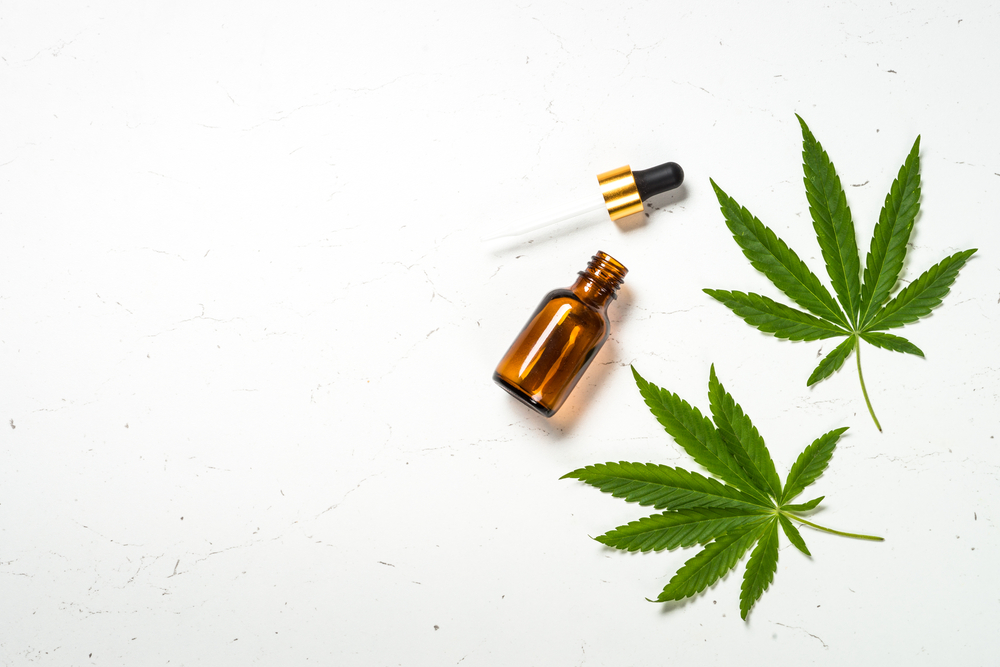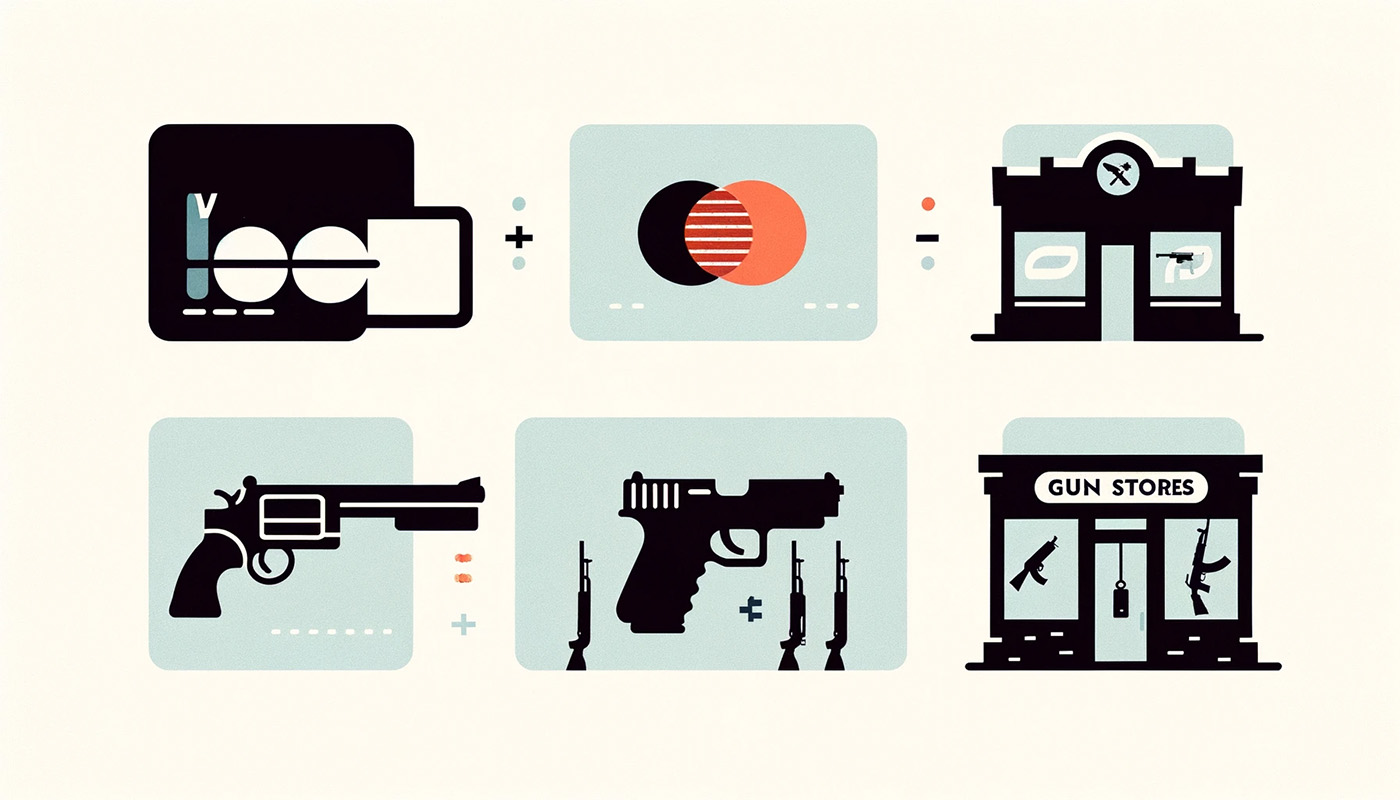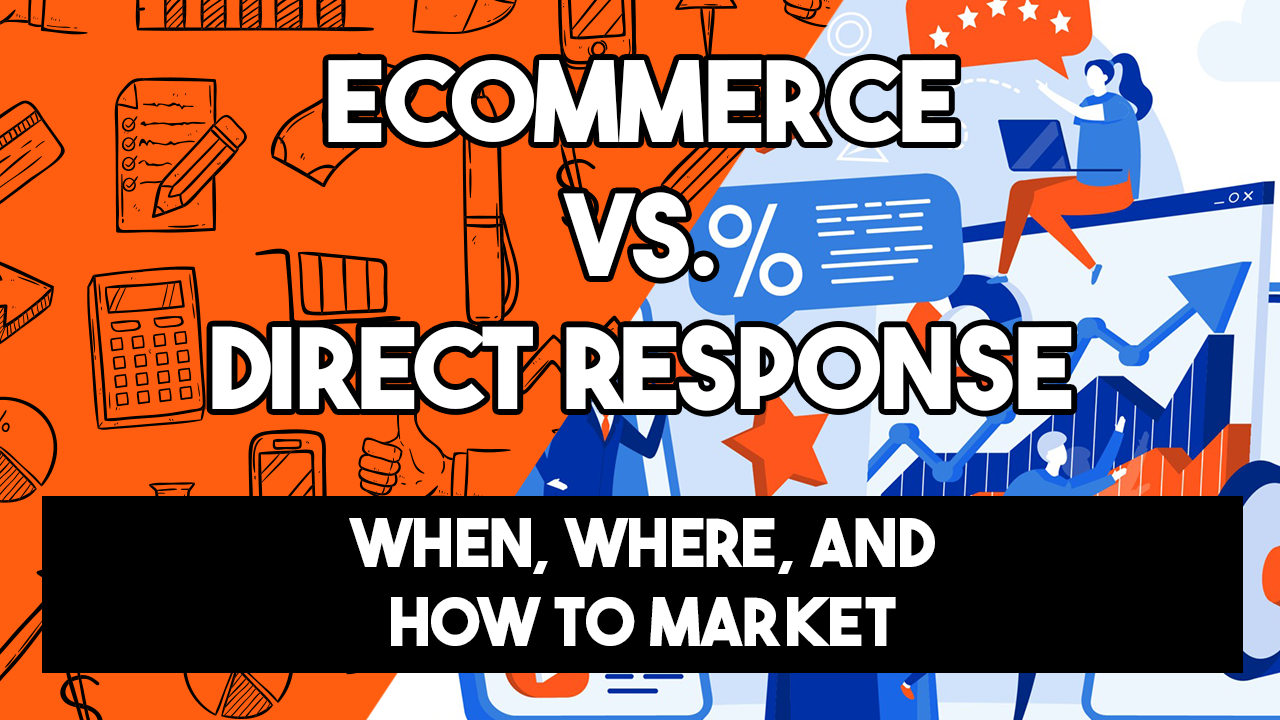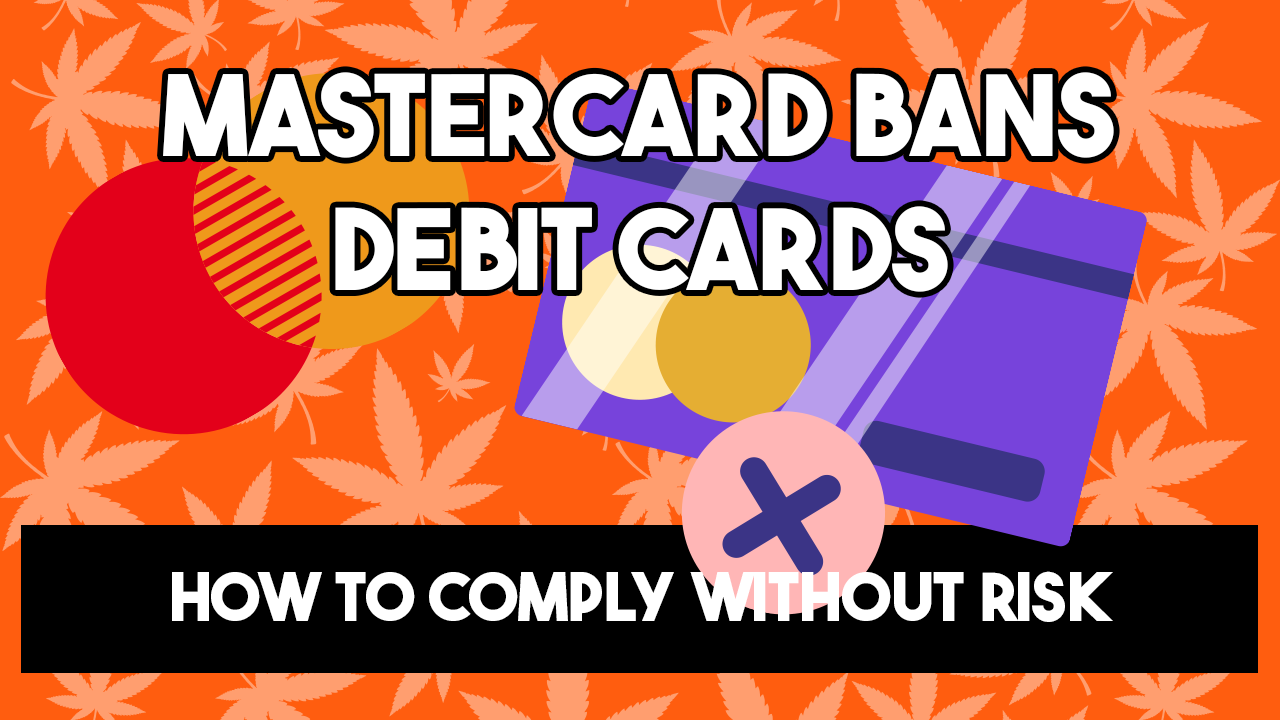
Delta-8 THC: Sell in These States ONLY
Aug 4, 2021 2 minute Read
There’s a lot of controversy for sellers around Delta-8 THC. We’re going to clear up some of the biggest questions you have so you can protect your business, maintain sales, and stay legal.
Most of the controversy surrounds the legality of Delta-8 products—whether it’s a controlled substance, falls under the protection of the 2018 Farm Bill, and how it’s viewed in each state. The information here is correct as of July 23rd, 2021. Keep that in mind as many states continue to update their legislation this year.
What is Delta-8 THC and how is it different than CBD?
As we’ve outline previously, CBD (cannabidiol) can only be legally grown, sold, and marketed if is derived from hemp. Anything that comes from the marijuana plant is illegal, including CBD, even if both hemp and marijuana are cannabis plants. This is because hemp-based CBD contains a maximum of 0.3% THC – the legal limit – whereas marijuana-based CBD contains much more.
There are variations, which is why you should always monitor the quality of your source. Hemp can mutate into marijuana or produce more than 0.3% THC in its buds. Stay on top of your providers and request lab reports that display the percentages of each substance.
Delta-9 vs. Delta-8 THC
That 0.3% THC is actually based on a specific cannabinoid called Delta-9-tetrahydrocannabinol. Delta-8 THC is just one bond away from the Delta-9 variant, which has made it difficult for law makers and the DEA (Drug Enforcement Administration) to differentiate it.
Because of Delta-9’s psychoactive effects, it is deemed a controlled substance under the Controlled Substances Act and can only be sold in hemp-derived products with an amount below 0.3%. Delta-8 does not have those same properties nor such severe side effects. It’s naturally occurring in hemp, does not get consumers high, and can legally be sold federally if it’s a derivative of hemp.
Though Delta-8 is naturally occurring, it’s far less abundant than Delta-9. Most Delta-8 products are produced either synthetically or via isomerization.
The Difference Between CBD and THC
CBD and THC are both cannabinoids. CBD provides various levels of health benefits without altering a consumer’s mental state. THC is a hallucinogen, which is why it’s illegal. THC is produced in high concentrations in marijuana, which is why merchants are legally only allowed to sell CBD products derived from hemp. Hemp products THC but it’s far less concentrated.
Is Delta-8 THC legal? Yes…with exceptions.
Delta-8 THC Federal Legality
Under the FDA and USDA’s 2018 Farm Bill, the legality delta-8-tetrahydrocannabinol is legal because it is a naturally occurring substance made from hemp plants. But there are twists. The Farm Bill doesn’t actually state anything about Delta-8, only Delta-9 (what we refer to as THC). This creates some legal loopholes that are being taken advantage of on both sides.
The DEA’s latest ruling in August of 2020 stated that any synthetic THC is a controlled substance, meaning apparent THC in products must be natural. The Farm Bill states that isomers of hemp-based substances (i.e., Delta-9 THC; CBD) are legal. Delta-8 is an isomer of CBD.
Producers, scientists, and sellers have taken this as a legal go-ahead to convert CBD into delta-8-tetrahydrocannabinol. But that conversion might mean the new product is a synthetic cannabinoid, which would be illegal. The truth is unclear, which is why this loophole is so dangerous—it goes both ways. It could open up doors for sellers as well as for police to come and raid or shut down a retailer.
State-by-state Laws for Delta-8 THC Products
States are allowed to override federal jurisdiction, which means they don’t have to follow the legal rules surround hemp, THC, and CBD. They can make their own. One very important note about legal status per state is that because Delta-8 is not mentioned in federal law, some states run under the belief that the substance is not explicitly illegal. But that also doesn’t mean that it’s legal. It’s probably best to base it off the state’s views towards the sale of CBD products.
Other states have added a clause that does explicitly list Delta-8 as illegal.
And then there are states that allow the sale of CBD and even medical marijuana but have made Delta-8 products illegal.
Here’s a list of every state and what you are allowed regarding Delta-8 THC (purely based on the legislative level, not counting cultural views or likelihood of criminality).
Alabama –legal to grow, sell, and consume. An amendment has been tabled by legislators that propose the banning of Delta-8 products.
Alaska – illegal to grow, sell, and consume.
Arizona – illegal to grow, sell, and consume.
Arkansas – illegal to grow, sell, and consume.
California – legal to grow, sell, and consume.
Colorado – illegal to grow, sell, and consume.
Connecticut – legal to grow, sell, and consume.
Delaware – illegal to grow, sell, and consume.
Florida – legal to grow, sell, and consume.
Georgia – legal to grow, sell, and consume.
Hawaii – legal to grow, sell, and consume.
Idaho – illegal to grow, sell, and consume.
Illinois – legal to grow, sell, and consume. Products containing Delta-8 will have to be labeled appropriately. The bill has not passed yet, but it is expected.
Indiana – legal to grow, sell, and consume.
Iowa – illegal to grow, sell, and consume.
Kansas – legal to grow, sell, and consume.
Kentucky – illegal to grow, sell, and consume.
Louisiana – legal to grow, sell, and consume.
Maine – legal to grow, sell, and consume.
Maryland – legal to grow, sell, and consume.
Massachusetts – legal to grow, sell, and consume.
Michigan – legal to grow, sell, and consume. In March of 2020, a bill was introduced that expanded the definition of THC to include all variations, as well as make it illegal to product or sell outside of licensed marijuana businesses.
Minnesota – legal to grow, sell, and consume.
Mississippi – illegal to grow, sell, and consume.
Missouri – legal to grow, sell, and consume.
Montana – illegal to grow, sell, and consume.
Nebraska – legal to grow, sell, and consume.
Nevada – legal to grow, sell, and consume.
New Hampshire – legal to grow, sell, and consume.
New Jersey – legal to grow, sell, and consume.
New Mexico – legal to grow, sell, and consume.
New York – illegal to grow, sell, and consume. In May of 2020, regulations were updated to state that cannabinoids processed through isomerization is illegal (i.e., Delta-8 cannot be formed in a lab from CBD).
North Carolina – legal to grow, sell, and consume.
North Dakota – illegal to grow, sell, and consume. In April of 2020, a bill was passed that defined THC as Delta-7, -8, -9, -10, and any isomers. The legal limit for any mentioned substance is below the 0.3% threshold.
Ohio – legal to grow, sell, and consume.
Oklahoma – legal to grow, sell, and consume. Delta-8 is currently unregulated, however there are efforts to legally categorize Delta-8 and Delta-10 as marijuana. The final rule is still unclear.
Oregon – legal to grow, sell, and consume. A bill is currently in motion that will allow the Oregon Liquor Control Commission to regulate Delta-8 (and other artificial cannabinoids).
Pennsylvania – legal to grow, sell, and consume.
Rhode Island – illegal to grow, sell, and consume.
South Carolina – legal to grow, sell, and consume.
South Dakota – legal to grow, sell, and consume.
Tennessee – legal to grow, sell, and consume.
Texas – legal to grow, sell, and consume. Delta-8 is left unregulated, but there’s movement towards banning it.
Utah – illegal to grow, sell, and consume.
Vermont – illegal to grow, sell, and consume. In April of 2020, the state clarified that Delta-8 is, in short, synthetic and thus is not legal.
Virginia – legal to grow, sell, and consume.
Washington – illegal to grow, sell, and consume. In April of 2020, the state’s Liquor and Cannabis Board clarified that the production of Delta-8 is illegal if it’s through a chemical alteration process.
West Virginia – legal to grow, sell, and consume.
Wisconsin – legal to grow, sell, and consume.
Wyoming – legal to grow, sell, and consume.
As you can see, states are slowly making moves towards deciding whether or not they should legalize and clarify Delta-8 THC. In the past year, decisions have been slow to make because of the pandemic. Expect that pace to ramp up in the coming months.
ONLY sell Delta-8 in the states listed above that state it’s legal without any additional stipulations. You don’t want to operate your business in an area that’s still undecided.
Can you get a merchant account and sell Delta-8 THC online?
Yes! Delta-8 merchant accounts are available, though payment processors and banks are subject to federal and state regulations. You may find more trouble gaining a merchant account in states that have yet to decide, whose laws have been tabled, or whose committees are on pause.
If you already sell CBD products, then it’s best to check with your merchant account provider before selling Delta-8 products. Given the controversy around this form of THC, some processors might be reluctant to provide their services to you as it’s an even greater risk (and you’re already a high-risk business).
You could also consider accepting ACH or e-check payments as an alternative. You do have options if you’re dedicated to adding popular Delta-8 products like gummies and vape cartridges to your store’s offerings.




